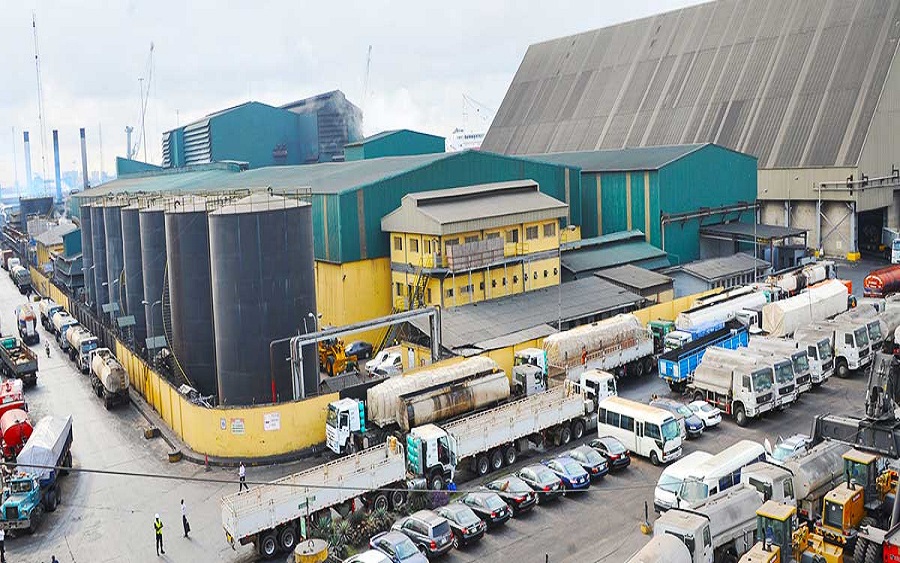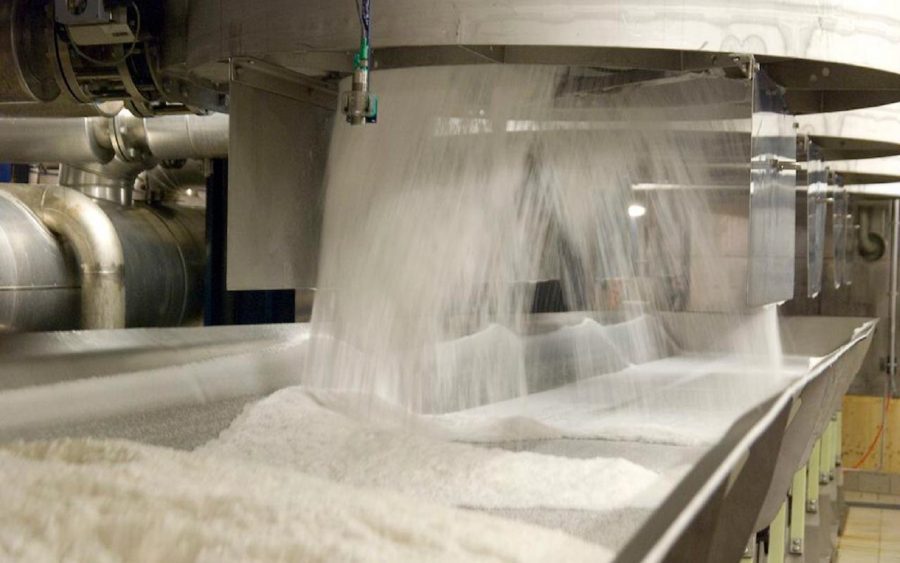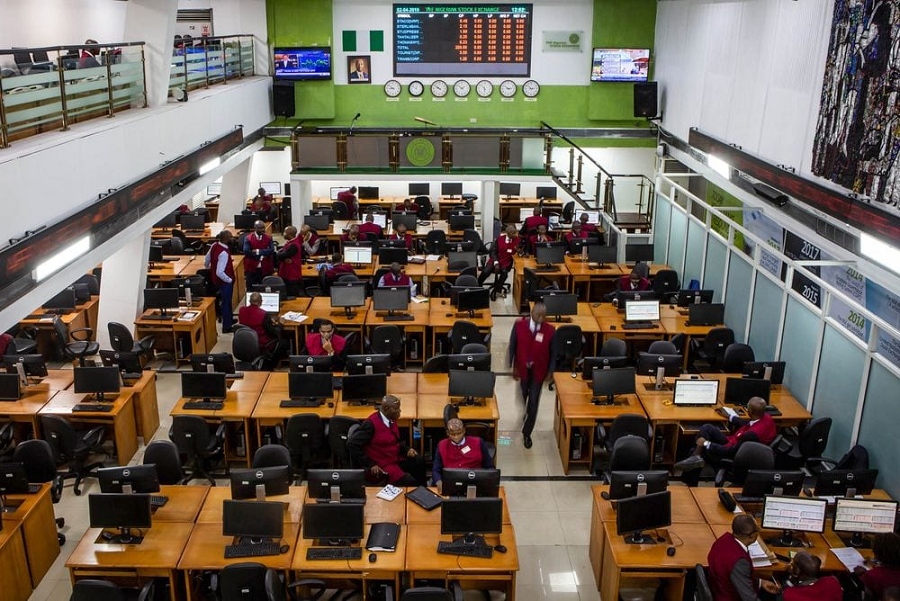Nigeria’s largest sugar refinery, Dangote Sugar Refinery Plc, has recorded a revenue growth of N102.863 billion for Q3 2022, a 61.87% increase from N63.548 billion in Q3 2021.
The positive top-line growth was also reflected in its bottom line as profit before tax rose to N6.537 billion. In the same vein, profit after tax for the period stood at N4.590 billion.
According to the group’s unaudited results posted on the NGX, PBT rose by N2.184 billion or 50.17% compared to N4.353 billion recorded in Q3 2022, while profit after tax (PAT) rose by N1.682 billion or 57.84% to N4.590 billion in contrast to N2.908 billion recorded a year earlier. Gross profit maintained the upswing trend, rising by 128.26% to N18.617 billion from N8.156 billion recorded a year earlier.
The positive performance in Q3 2022 vis-à-vis Q3 2021 performance is on the back of stronger growth in income lines and reduced operating expenses. While revenue grew by 61.87%, majorly from the sale of 50kg size in Lagos and Northern regions, operating expenses (Selling, Distribution, and Admin expenses) went down by N129 million or 4.23%. Consequently, operating profit printed at N15.755 billion compared to N5.138 billion in Q3 2022, a year-on-year growth of 206.64%.
The bottom-line profit was also boosted by the positive growth in interest income earned on bank deposits, which jumped to N1.737 billion from N343.152 million due to the increase in bank deposit rates to 4% per annum.
Other financial highlights/hindsight
- The cost of sales rose by 52.60% due to the higher cost of raw materials.
- Finance cost rose to N11.668 billion from N1.501 billion in Q3 2021. This 677.35% growth is traceable to exchange loss in the ordinary course of business.
Outlook
Dangote Sugar Refinery’s positioning to produce 1.5 million tons of refined sugar every year from locally grown sugarcane covering more than 150,000 hectares of land across many sites in Nigeria within the next ten years; to serve local and export markets from factories and plantations across Nigeria, remains a well thought out decision, which will continue put them ahead of the pack.
Aside from moving the company from port-based refining to fully integrated sugar production within Nigeria, it will also help Nigeria achieve self-sufficiency in sugar production and overall increase shareholder value.
But a lot still has to be done as the company is still far away from the target. As of September 30, 2022, the group has only 8,035 hectares of growing cane. So the reintroduction of a robust out-growers scheme and the charting of sustainable community relations and development initiatives by the group are timely plans.
Seemingly, the company does not appear to have a cash flow problem. A review of the group’s consolidated and separate statement of cash flows for the period under review showed that its operating activities generated enough cash to finance its investment. And with positive net cash flow from operating activities ((N88.500 billion) and robust retained earnings (N128.94 billion, as of September 30, 2022), financing its growth would not pose a serious challenge.
Therefore, the bubbly nine months’ performance bodes well for the group’s full-year performance, setting the pace for a positive outlook compared to 2021, despite the lingering impact of the Russian-Ukraine war, inflationary pressure, and exchange loss in the course of ordinary business.
In the year ended December 2021, the sugar company recorded a 25.89% decline in full-year profit to N22.058 billion in the period ended December 2021, despite achieving a 28% growth in revenue from N214 billion to N276 billion driven by growth in sales volume. The decline in profit after tax was due to high production costs occasioned by inflationary pressure, and the impact of foreign currency devaluation.





















What would be the impact of the positive Q3 2022 profit on the company’s stock at the NGX ?